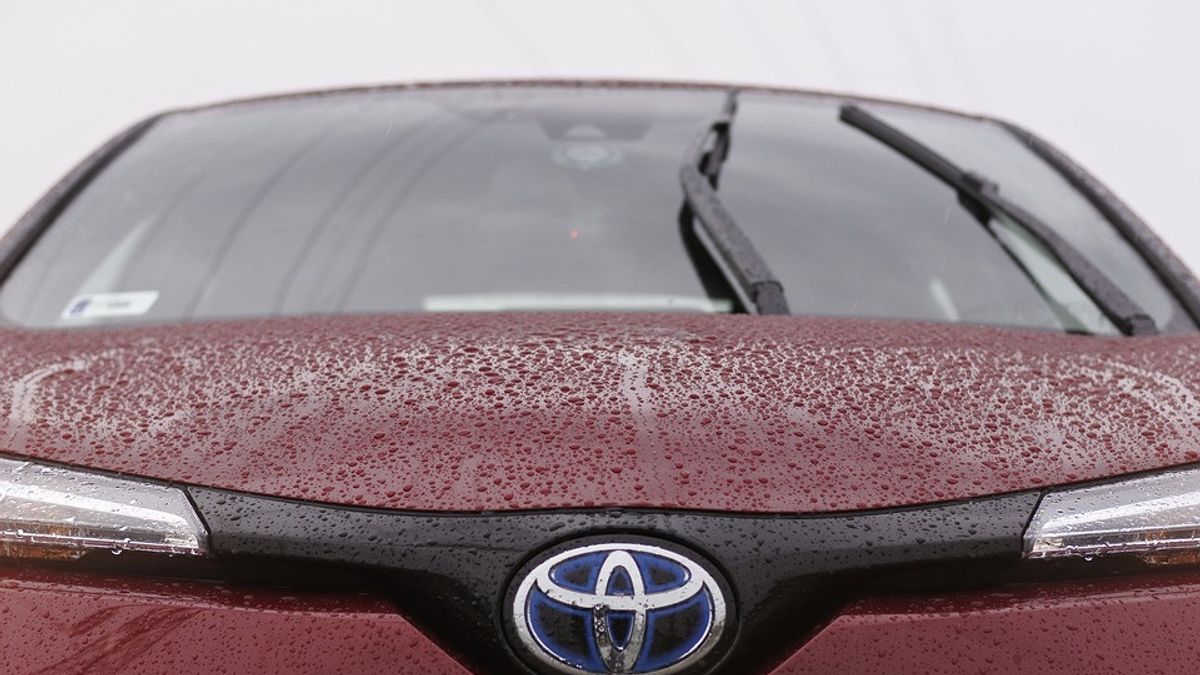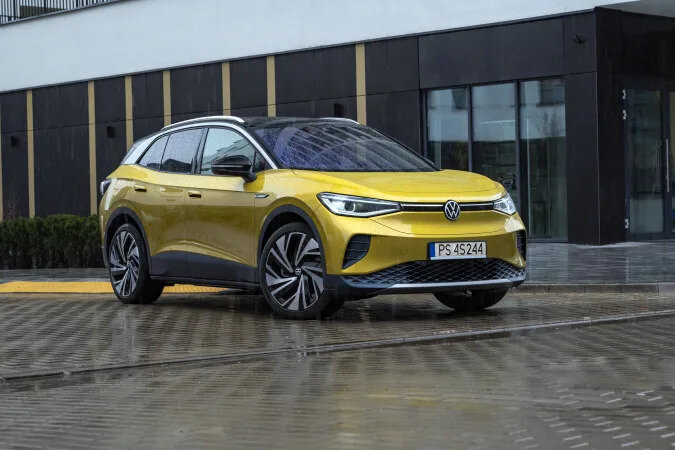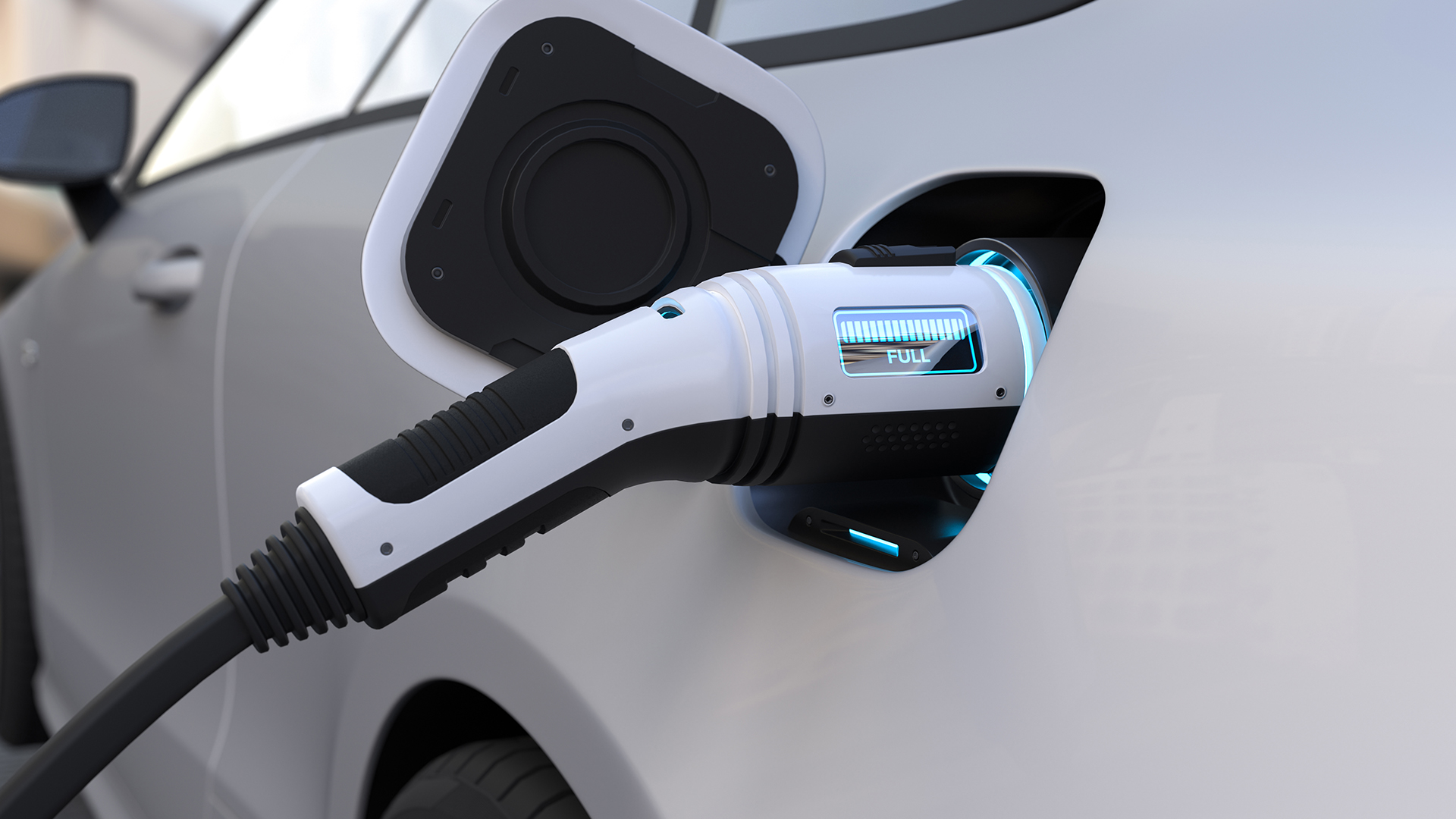A recent study by the International Council on Clean Transportation (ICCT) highlights that global reserves of key minerals, combined with planned mining and battery production capacities, will meet the rising demand driven by electric vehicle (EV) adoption. The report, titled Electrifying Road Transport with Less Mining: A Global and Regional Battery Material Outlook, offers a comprehensive analysis of battery material requirements for electric and plug-in hybrid vehicles across global markets.
Lead author Eyal Li noted that current battery production capacity projections are more than sufficient to meet global demand through 2030, with particular growth in the United States and the European Union. “Announced capacities in the US and EU are sufficient to meet 2030 demand with domestic manufacturing. However, it is essential to ensure these investments are realized and sustained,” said Li. The study estimates that the US will meet 130% of domestic battery demand by 2030, even under conservative scenarios. In contrast, the EU’s production capacity is expected to cover only 72% of demand without additional investment support. Meanwhile, India and Indonesia are projected to meet less than half of their domestic needs by the same year.
The report also reveals that global mining operations are scaling up effectively to match medium-term battery demand, with long-term reserves of lithium, nickel, and cobalt proving sufficient. Conservative projections suggest that cumulative demand through 2050 will utilize just 49% of current lithium reserves, 38% of nickel reserves, and 38% of cobalt reserves.
The study emphasizes the importance of minimizing mining through efficient battery recycling systems, smaller battery sizes, and shifts in transportation modes. Senior ICCT researcher Georg Bieker stated, “We don’t need to mine more than necessary. By reducing battery sizes in passenger vehicles, we could cut battery material demand by 28% as early as 2035.” Such measures could not only curb the environmental impact of mining but also make EVs more affordable and sustainable.
This report underscores the feasibility of electrifying road transport without excessive reliance on new mining, provided that investments in battery production and recycling ecosystems are fully realized and supported by policy interventions.







